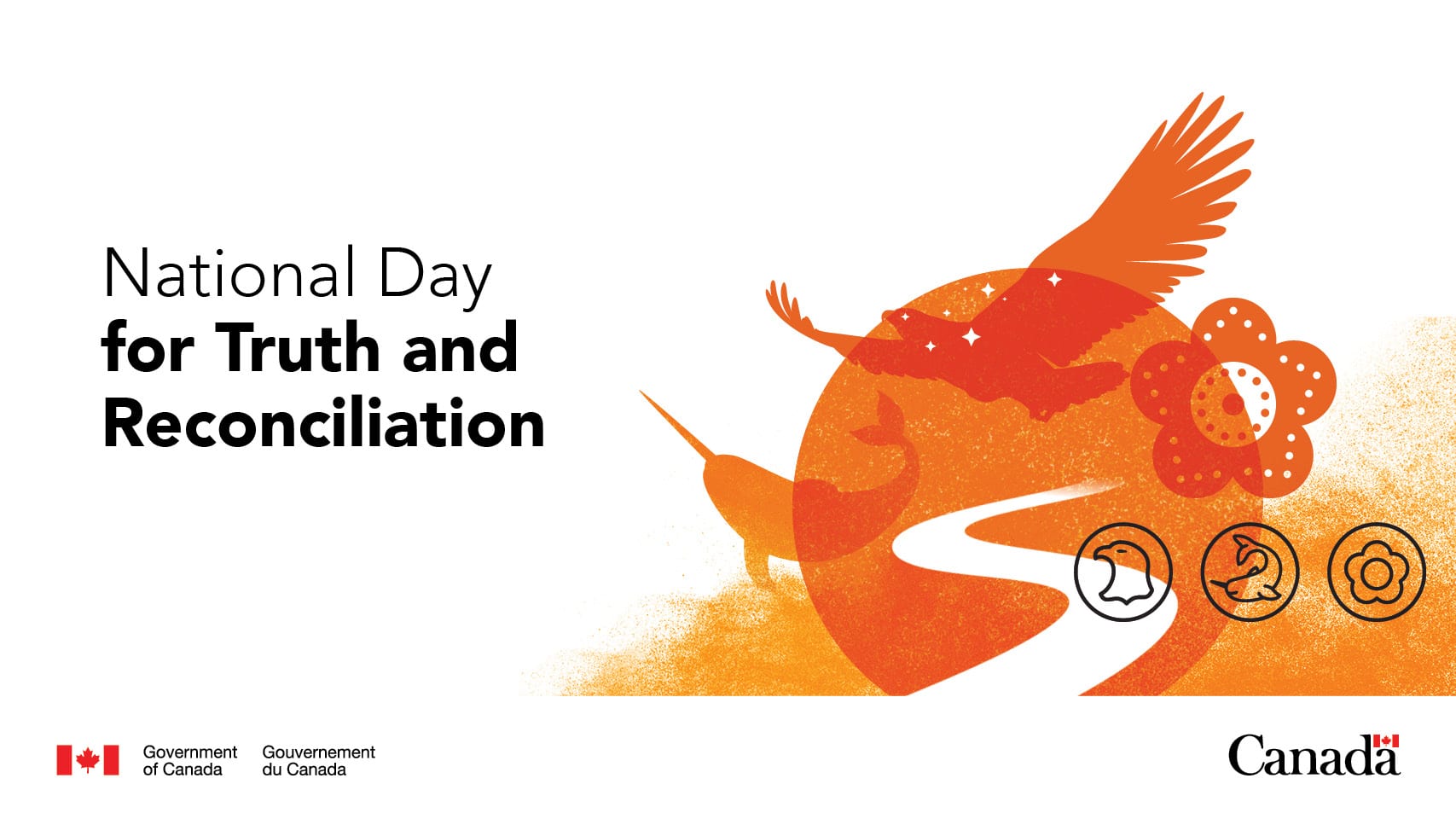
September 30 marks the National Day for Truth and Reconciliation, also known as Orange Shirt Day. This day serves as an important opportunity to reflect on the systemic racism and inequities faced by Indigenous Peoples and to commit to the journey of reconciliation. It is a time to honour the Survivors of residential schools and remember the children who never returned home.
In Manitoba, Orange Shirt Day has been established as a provincial statutory holiday, allowing all people living in Manitoba to reflect on the lasting impacts of the residential school system. Wearing an orange shirt symbolizes solidarity with Indigenous communities and reminds us that every child matters.
The College of Pharmacists of Manitoba (CPhM) urges pharmacy professionals to use this day to recognize the health impacts of trauma and structural inequities faced by Indigenous patients. Addressing these harms requires supporting Indigenous-led, holistic, and culturally safe practice innovations that empower thriving Indigenous communities.
CPhM Council is committed to enhancing the regulatory framework with resources that address the root determinants of health inequity and promote the integration of Indigenous healing practices into pharmacy practice.
In recognition of National Day for Truth and Reconciliation, CPhM highlights several educational resources and opportunities:
- Canadian Society of Hospital Pharmacists (CSHP): CSHP has compiled a list of resources for pharmacy professionals, including the webinar, Truth and Reconciliation in Hospital Pharmacy, which addresses health disparities among First Nations, Métis, and Inuit populations.
- Indigenous Pharmacy Professionals of Canada (IPPC): The IPPC website offers valuable resources and opportunities for Indigenous pharmacy professionals and information on upcoming events.
- CPhM Professional Development: CPhM’s mandatory professional development programs for 2023 and 2024 explore Indigenous Peoples’ health, providing a comprehensive understanding of Indigenous perspectives. These programs help participants deliver culturally safe and competent care to Indigenous individuals.
- Upcoming Orange Shirt Day Events: Remember to wear your orange shirt on September 30 to honour Survivors and those who never returned home. Additionally, events across Manitoba offer opportunities for commemoration and reflection. To find an event near you, click here: https://www.gov.mb.ca/inr/osd.html#events
As regulators of pharmacy practice in Manitoba, CPhM Council is dedicated to reviewing the impact of pharmacy practices on health outcome gaps for Indigenous patients. This commitment includes recognizing structural inequities, supporting research, and promoting health programs designed to close these gaps.
Racism in healthcare is pervasive and harmful, and CPhM acknowledges the significant damage caused by the Canadian healthcare system to Indigenous peoples. There is a shared responsibility to change these systems and support Indigenous-led innovations that empower communities. Initiatives to increase Indigenous representation and leadership within pharmacy practice are actively supported.
Join CPhM in fostering a more inclusive healthcare system by actively participating in educational events and signing the Truth and Reconciliation Pledge for Pharmacy Practice Representatives. Involvement in events and education not only enhances understanding but also reinforces commitment to reconciliation and supports meaningful change within our community.